by Dr Sandra Cabot
Chinese medical theorists have referred to the liver’s role in the body as the ‘General of the Army’, and I view the liver as the “Body’s Master Chemist”.
A healthy liver reduces the risk of cancer, obesity, dementia, diabetes, and premature aging. When it functions properly, the liver enables other organs in our body to work better. The liver is the only organ in the body that can regenerate itself. Twenty-five percent of a liver can regenerate itself into a whole new liver.
You may be surprised to learn just how much work your liver does!
Your Liver:
Manufactures
The liver manufactures thousands of essential proteins, hormones and fluids, which are transported throughout the body for use or elimination. Some of these function as coagulators, preventing us from the bleeding to death! Another, bile, emulsifies fat. Without bile, fat-soluble vitamins, such as Vitamins A, D, E, and K, could not be absorbed from our gut into our blood stream. The bile serves another vital purpose: it carries toxins and metabolites from the liver and out of our body.
Stores
The liver stores iron to make red blood cells, glycogen to regulate blood glucose (sugar) levels, and essential vitamins and minerals.
Detoxifies
Like magic, the liver receives toxins our body absorbs—through internal and external pollutants—and converts them into water-soluble substances (metabolites) to be eliminated from the body through sweat, bile and urine. The liver cleans up nearly 380 litres of blood a day!
Filters
The liver filter (and the spleen) capture unhealthy cells (cancerous cells, dying and dead cells), bacteria, and other micro-organisms, and then sends them though a type of detox and killing center, and passes them on to be eliminated from the body.
Regulates
The liver regulates iron absorption, blood sugar metabolism, and fat metabolism, and it even plays a role in regulating our body’s hormonal balance and blood pressure. A healthy liver is a great aid to keeping your weight in the healthy range and your hormones in balance.
Protects
The liver is the greatest protector of your immune system and reduces the workload of your immune system. The liver filters factors that can wear out the body’s defenses. When your liver is healthy, it strengthens your immune system so your body can fight illness more effectively.
Three Tests to Check Your Liver and Gallbladder
- Blood test for liver function – this measures liver enzymes, proteins and bilirubin
- Ultrasound scan of your upper abdomen
- HIDA (Hepatobiliary Imino-Diacetic Acid) scan, which evaluates the gallbladder function
Your liver is not bulletproof
We’ve all heard excessive alcohol can damage the liver. That’s because the ethanol is converted to a chemical called “acetaldehyde,” which can damage liver cells. If you are partying, I recommend limiting alcohol consumption to one drink an hour, with a limit of four drinks. I also suggest enjoying alcohol-free days.
Alcohol isn’t the only chemical to use in moderation!
Look over the list to see what other chemicals to limit:
- Painkillers, including paracetamol
- Antibiotics
- Anti-inflammatory drugs
- Insecticides and pesticides
- Bleach and household cleaners and detergents
- Recreational drugs
- Unsafe sexual practices can expose you to the Hepatitis B virus, which can cause serious damage to the liver and even result in death.
Note: Household plants help filter toxic chemicals, such as cleaning agents, from the air in your home.
Healthy Liver Habits
- Eat a green leafy salad several days a week or even better, everyday. Raw vegetables provide nutrition to keep your liver healthy. TIP: make your own salad dressing of cold-pressed olive or flaxseed oil and organic apple cider vinegar; add garlic, lemon or lime juice, and your favorite spices.
- Add healthy fats. Essential fatty acids reduce inflammation and repair the membranes that surround liver cells. Foods high in fatty acids include freshly ground flax seeds, chia seeds, hemp seeds, avocados, raw nuts and seeds, legumes, oily fish, such as salmon, sardines, mackerel, trout, and tuna.
- Reduce your stress. Stress increases cortisone and compromises the immune system, which both increase the workload of the liver. Manage stress with exercise, meditation, and yoga, or something fun and exciting where you really have to focus.
- Exercise. Excess fat stores toxins, so when you carry extra weight, you add stress to your liver—and your immune system. Drink plenty of water before and after exercising and take a sauna to detox.
- Drink raw vegetable juices when you get a chance. (See recipe below.)
- Drink more water. Soft drinks (both the regular kind as well as the diet kind) cause a fatty liver. Opt for water, herbal tea or even a not too strong coffee. Aim for 1.5 to 2 litres a day to promote detoxification.
Liver Friendly Foods
Tomatoes, shallots, red onion, scallions, cucumbers, broccoli, lettuce, endive, radicchio, fresh green herbs, celery, radish, kale, cabbage, carrots, beets, horseradish, and ginger.
Also add foods rich in natural mineral sulfur, such as onions, chives, garlic, leeks, shallots, scallions, and cruciferous vegetables (broccoli, Brussels sprouts, and cauliflower), and free-range eggs
More Good News
Avoid these common misconceptions:
- Eat only organic: This can get expensive! Don’t avoid fruits and vegetables just because you can’t afford organic foods.
- Become a vegetarian. You can still enjoy seafood, meats, plain yoghurt, natural unprocessed cheeses, and poultry. DO try to avoid preserved meats, such as jerky, sausage, hot dogs, as these often are full of preservatives.
- Avoid coffee and chocolate. These are not a problem when consumed in moderation.
Juice Recipe for Liver Health
Combine equal parts of orange, carrot, beetroot, tomato, lemon or lime, and cabbage or kale. Include some fresh green herbs, such as parsley, mint, coriander, basil, thyme, oregano, and dill. Add a small amount of garlic and/or ginger to increase the anti-viral effects.
TIP: Make a few litres of juice and immediately transfer it to single-serving sized glass containers. The juice will retain its active healing properties up to two weeks if you freeze it immediately and drink it soon after it’s thawed.
Take extra care of your liver and have a liver function test annually if:
- You are using prescription drugs – these must be broken down by the liver and many people are taking several drugs every day which greatly increases the work load of the liver.
- Are using over the counter drugs, especially painkillers or paracetamol – these must be broken down by the liver and can be particularly liver toxic if excess or daily doses are used.
- Drink seven or more glasses of alcohol a week – many Australians consume excess alcohol, making it one of the most common causes of liver disease.
- Smoke cigarettes.
- Consume high amounts of sugar, fast foods, or processed foods.
- Live in a major city – where you are exposed to automobile exhausts, factory smog, crowded dirty places, water chlorination, fluoride and heavy metals etc.
- Use a microwave oven to reheat or cook most of your food.
- Are over 50 years of age – as you get older, the various tubes and ducts leading from and to your liver, as well as the internal liver filter itself, often become “dirty and/or clogged up” to some degree. They become laden with unhealthy fats, multiple toxins, gallstones, sludge, hardened tissues and waste products of metabolism.
- Drink soft drinks and/or diet soft drinks containing artificial sweeteners, especially the sweetener aspartame – see www.dorway.com for more information.
- Are exposed to toxic chemicals and pollutants such as – insecticides, some antiperspirants, solvents, glues, aerosol sprays, some detergents, ammonia, hair dyes, nail varnish, etc. – you may be exposed to these things at work or in the home.
- Do not drink enough pure water.
- Have high cholesterol and/or triglycerides.
- Have skin problems.
Taking care of your liver is especially important in the 21st century when the world has become increasingly polluted and crowded, and liver infections are increasing.
Your liver processes very large amounts of toxic chemicals and drugs released into the environment every year. An overload of these toxins can easily wear out your liver and leave you prone to developing a range of health problems.
Be careful with painkillers, especially paracetamol, which can damage your liver. It is well known that overdosing on this popular painkiller can cause liver damage and death via liver necrosis and acute liver failure. A new study, in the Journal of the American Medical Association, reported the highest recommended dose of acetaminophen or paracetamol can quickly increase liver enzymes in healthy adults. Elevated enzymes are the first sign of liver damage. If you drink alcohol or have kidney problems, the risk of liver damage from paracetamol is increased significantly.
Your liver is under attack 24 hours, 7 days a week, so it’s vital to support its functions and reduce its risk of damage. If you have a clean and unclogged liver, you will have extra years of energetic living.


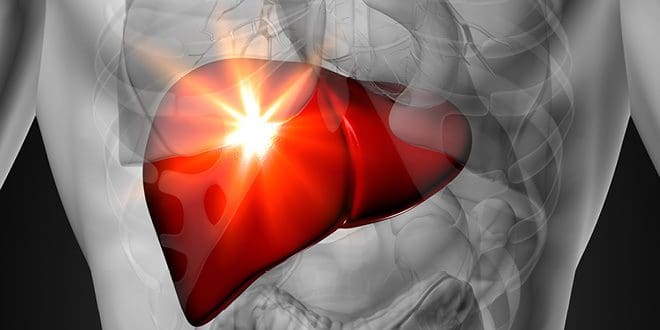

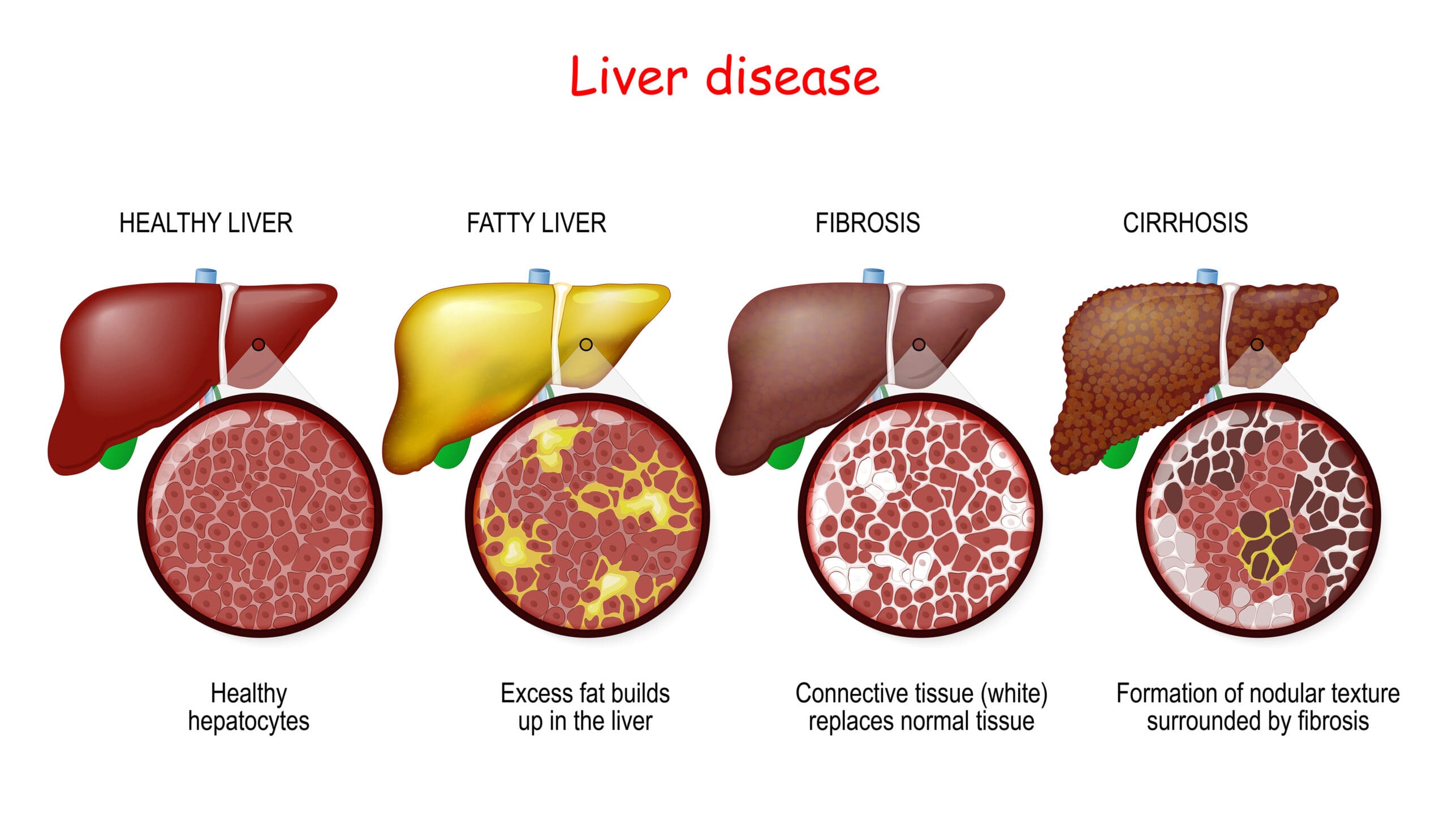
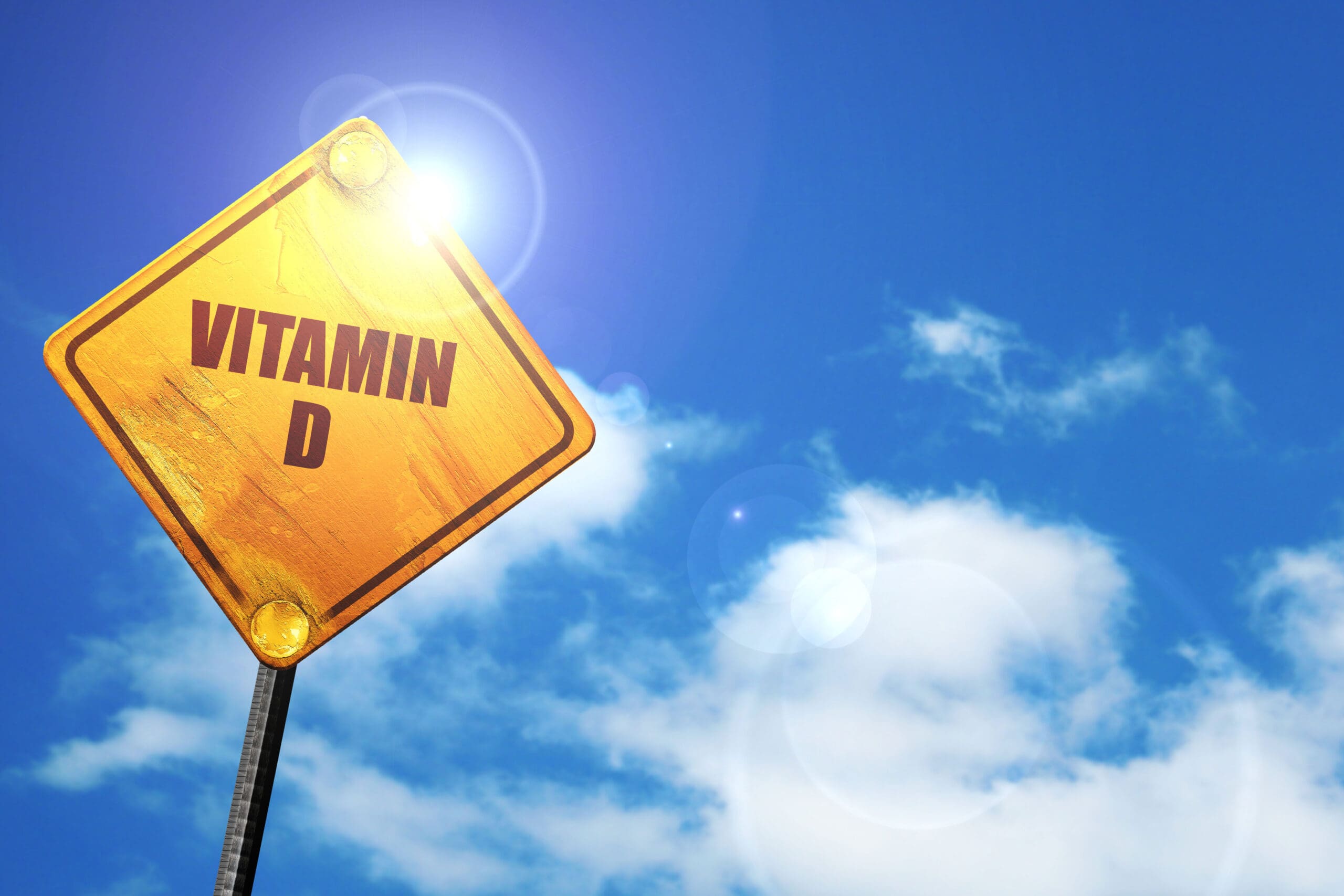
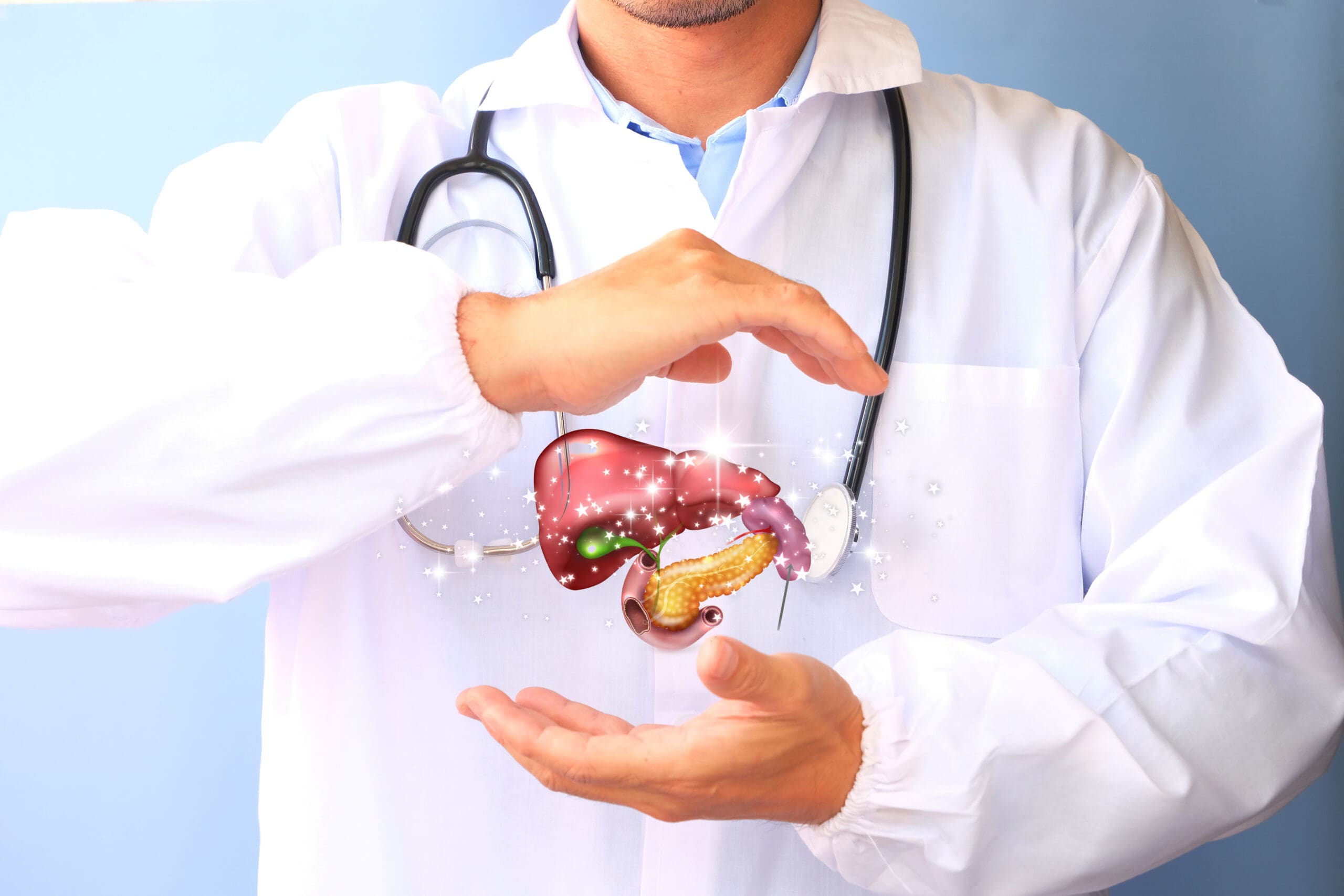
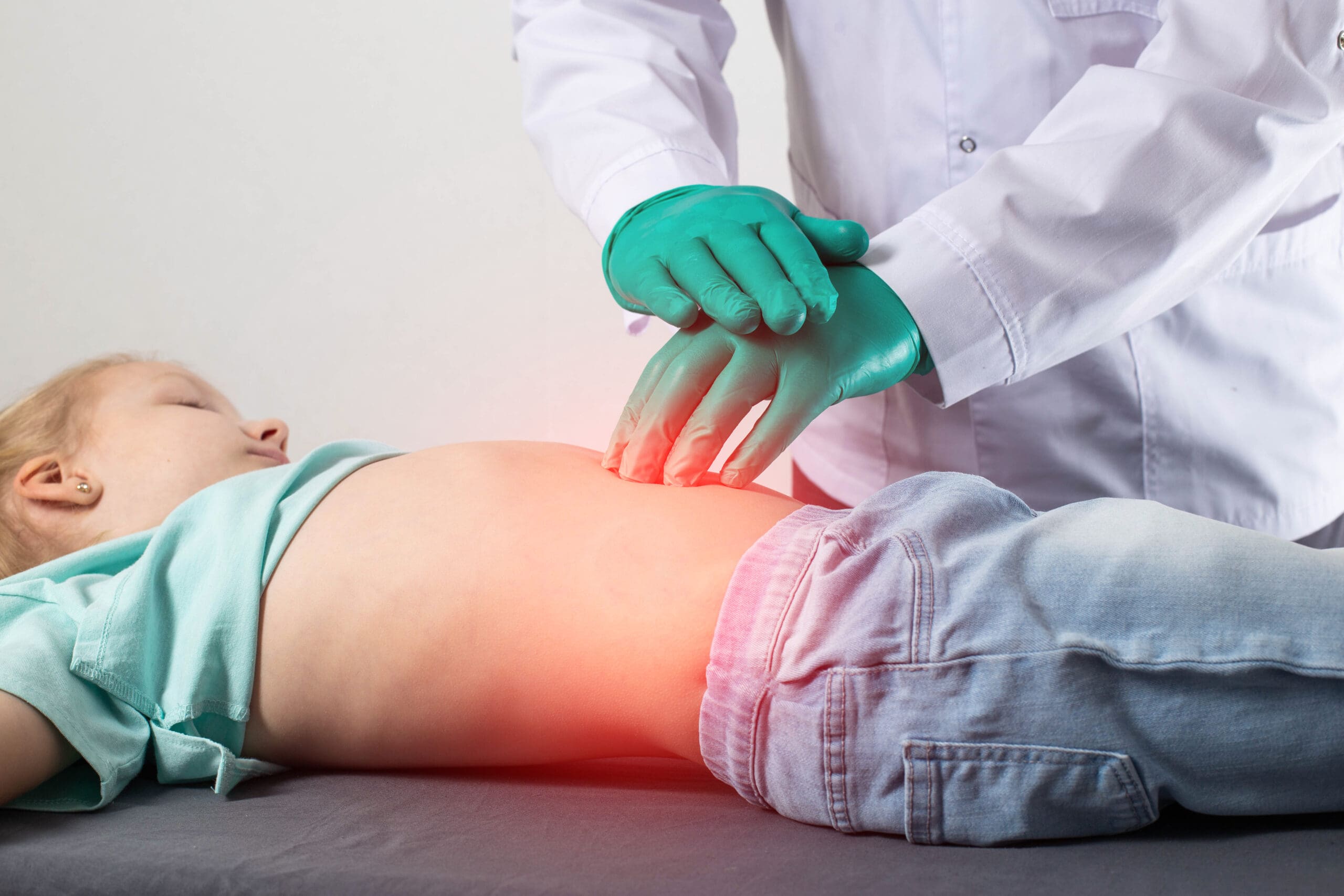
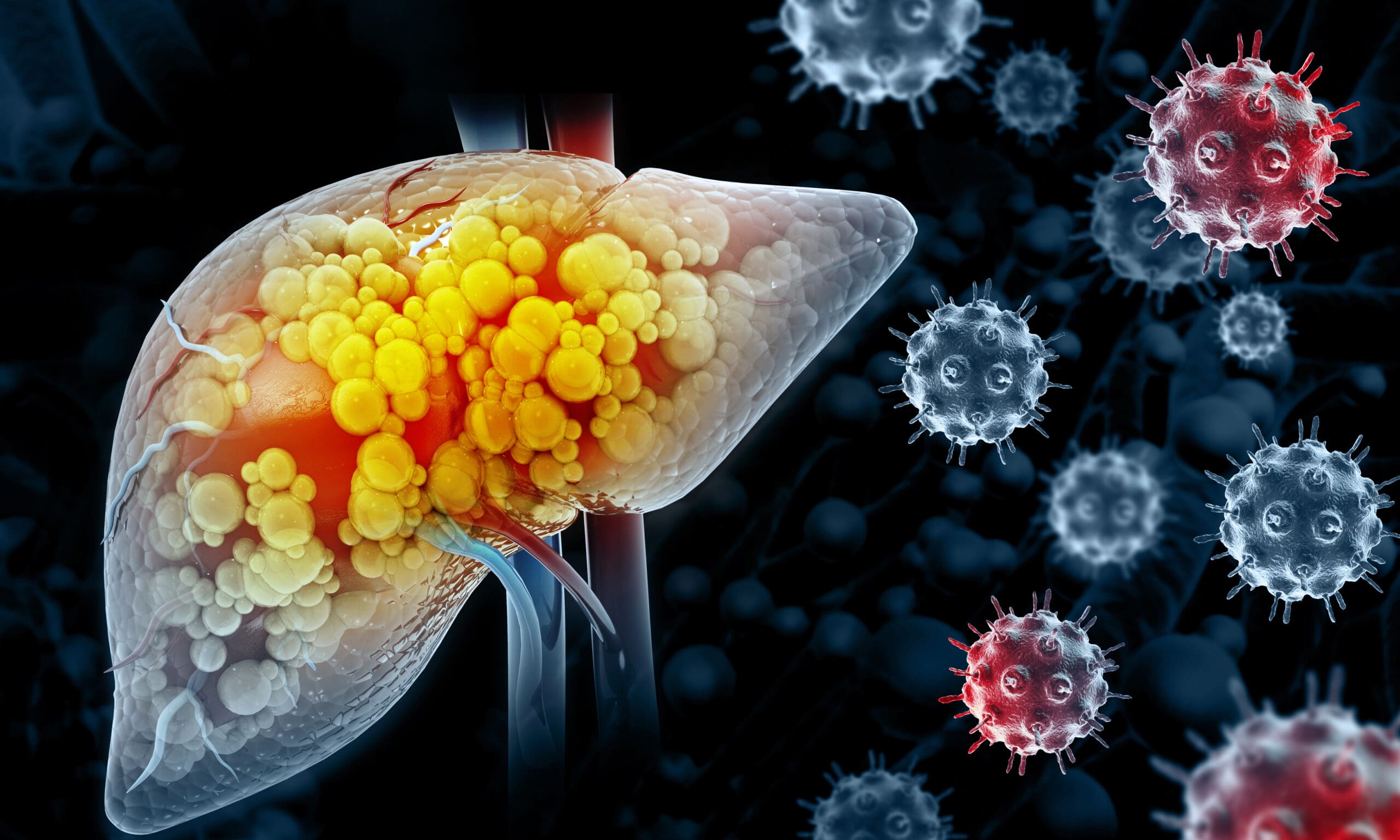
Leave A Comment